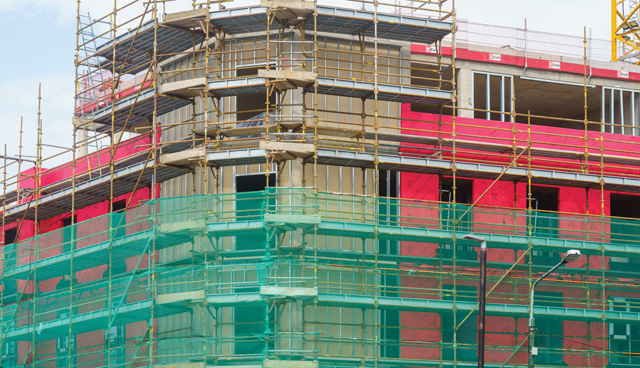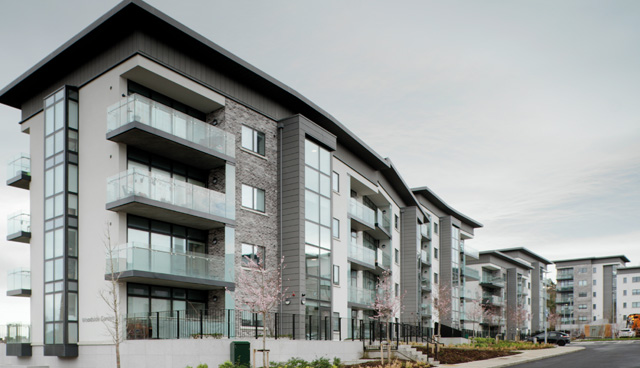
Darragh O’Brien TD: Housing priorities
25th October 2022
Improving Ireland’s housing system
18th July 2023Inclusion Ireland: ‘Two sides of the supported independent living coin’

Following the launch of the National Housing Strategy for Disabled People 2022-2027 Implementation Plan, Derval McDonagh, Chief Executive Officer, Inclusion Ireland advocates for a more cohesive approach to supported independent living.
In late June 2023, the long-awaited implementation plan for the housing strategy for disabled people was published. Having attended the launch with advocates, disabled people, government ministers, and elected representatives, I was struck by the hope present in the room.
The anticipation amongst our members at Inclusion Ireland was palpable. Would this implementation plan offer hope to the many people waiting for that most human of needs; a home of our own, a place to lay our hat, a sense of community, safety and belonging?
In Ireland today, there are still 2,400 people with intellectual disabilities living in institutional residential settings and 1,300 disabled people under the age of 65 live in nursing homes. We have a deep-seated pattern of closing one institution and opening another, this has led to disabled people living in ways that are simply unacceptable and in breach of their fundamental human rights.
Imagine never having a say about where you live, who you live with and how you live? These hallmarks of institutional living are part of the real lived experience of people with intellectual disabilities today. Outside of the institutions, there are thousands more people living at home with their families, sometimes for decades longer than they should have to.
In 2022, the National Federation of Voluntary Service Providers, highlighted that 1,500 people with intellectual disabilities are living at home with family carers who are aged in their seventies and eighties. Instead of addressing this through multiannual funding and careful work with people and their families over time, we have allowed this situation to deteriorate.
The implementation plan outlines some stark figures around housing allocation, collated by The Housing Agency. In 2022, only 299 people with intellectual disabilities were allocated social housing through local authorities, less than in 2021 and 2020.
It is unclear from the implementation plan how much of the €4 billion+ set aside until 2030 under Housing for All will make its way to the provision of housing for disabled people and yet we know that the rate of housing allocation will need to significantly ramp up.
What is crystal clear is that the biggest challenge to achieving an ambitious target is the lack of a multiagency approach across housing, health, and social care. To make a house a liveable home, many people will need health and social care support; for example personal assistance, home support or more intensive supports depending on the person.
These two sides of the supported independent living coin; the house and the supports, are currently provided by different agencies, departments, and organisations. If ever there was a time for joined up thinking, this is it.
The house and the supports to live in the house have got to come onstream at the same time, otherwise the house can never become a home for a person.
The willingness may be there to collaborate, but the mechanisms to enable that collaboration to happen are not yet solidified. This critical risk must be addressed if the strategy has any hope of succeeding.
So what needs to happen? In parallel to the housing strategy, the Department of Children, Equality, Disability, Integration and Youth must urgently publish the Disability Capacity Review implementation plan. This will set out a multiannual funding plan to bring onstream health and social care supports for people in a planned and rights complaint way over time.
It is a way to stem the tide of reactive, crisis management which has been the hallmark of the provision of housing for people with intellectual disabilities over the past decade. The plan also needs to allow for creative and rights-based approaches in communities across Ireland.
The old segregated, institutionalised ways simply must be consigned to our history. People need to be supported as individuals, to connect, and belong in their own communities, as rights holders, as equal valued citizens. As Maya Angelou famously and beautifully said: “The ache for home lives in all of us, the safe place where we can go as we are.”
This ache, this need, this right must be realised if we are to truly achieve the ambition of housing for all.






